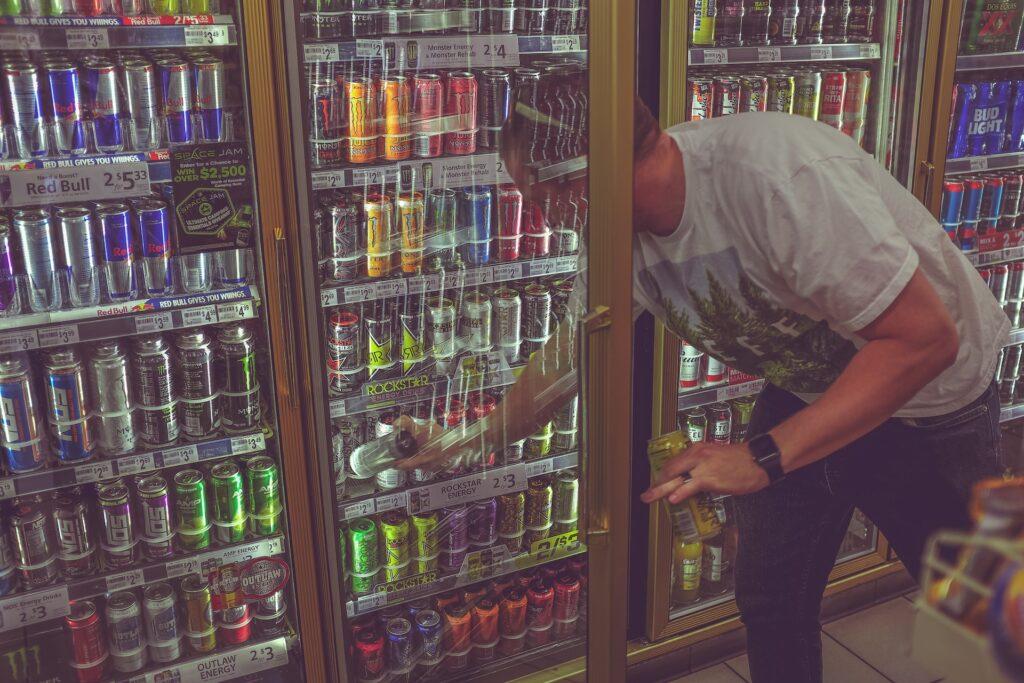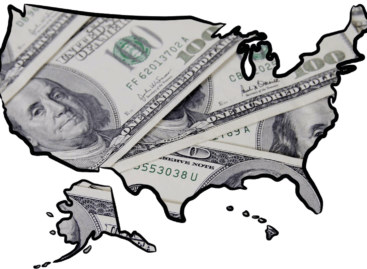Rising Caffeine Levels Spark Calls For Ban On Energy Drink Sales To Children
Pediatricians and parents are calling for the US to treat new high-caffeine energy drinks like alcohol and cigarettes and ban their sale to minors as a single serving can contain as much caffeine as six Coca-Colas.

Prime Energy, which launched this year, has 200 mg of caffeine within its 350 ml can — exceeding permissible caffeine levels in Canada, Australia and New Zealand. Rival products like Anheuser Busch InBev-backed Ghost energy drinks and Kim Kardashian’s ‘Kimade’ energy drink also have 200 mg of caffeine. Monster Energy contains 150 mg of caffeine.
As caffeine content in energy drinks has climbed over the years, some countries and retailers have banned the products while a few require proof of age for purchase.
In the US and UK, no national regulations ban the sale of high-caffeine energy drinks.
Without legal age mandates like those on alcohol and cigarettes, retailers are unlikely to restrict access, said Dr. Holly Benjamin, a professor of pediatrics and orthopedic surgery at the University of Chicago.
There is no proven safe dose of caffeine for children, according to the American Academy of Child and Adolescent Psychiatry.
“Retailers could choose to place sports drinks and energy drinks in different locations and label the sections differently; but, I think that is unlikely to happen without regulation which starts with better product labeling and widespread education,” Dr. Benjamin said.
She added, “Any energy drink with a high dose caffeine in it, is unsafe for children.”
Side effects for kids consuming caffeine could include rapid or irregular heartbeats, headaches, seizures, shaking, stomach upset and adverse emotional effects on mental health, she said.
The FDA is currently reviewing a request by US Senate Majority Leader Chuck Schumer to investigate the caffeine content in a product ont he market, as well as its marketing to kids, a spokesperson said.
The American Medical Association supports a ban on the marketing of caffeine drinks to children under the age of 18, according to its policy set in 2013. The AMA also urges the US regulators or lawmakers to mandate “child-resistant packaging” on high-energy drinks.
Age Limit
Specialty retailer GNC has set an 18+ age limit restriction to purchase energy drinks, according to its customer service line and in-store checks.
Target and Walmart, as well as specialty chains like the Vitamin Shoppe typically do not verify buyers’ ages, according to Reuters interviews and in-store checks.
Drink makers’ labels noting the beverages are “not recommended” for kids creates confusion among retailers on what restrictions, if any, should be set on the sale of energy drinks to children, lawyers said.
Related news
AI could have USD 1.6 thousand billion impact in North America by 2030
Retailers could benefit from the use of AI to varying…
Read more >Aldi opened nearly 120 stores in 2024
Fast-growing discount grocer gets closer to its goal of opening…
Read more >Expectations in the US
In an article published in early November, Nation’s Restaurant News…
Read more >Related news
Recognition of Consumer Protection Excellence: Honoring the Best of 2024
This year’s outstanding consumer protection officers and special award recipients…
Read more >The Joy of Giving! – SPAR stores collect non-perishable food for people in need
The Hungarian Maltese Charity Service and SPAR Hungary have launched…
Read more >KSH: industrial production decreased by 0.2 percent in October
In October, the volume of industrial production fell by 0.2…
Read more >








